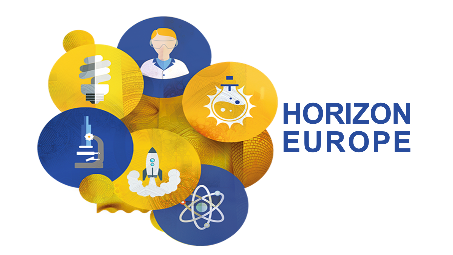Recon4IMD
Client :
Liquid Themes
Reconstruction and Computational Modelling for Inherited Metabolic Diseases (Recon4IMD)

Project summary
Our overall objectives are to accelerate the diagnosis, and enable personalized management, of inherited metabolic diseases (IMDs). Established academic technology for statistical genomic analysis, deep learning-based prediction of protein structure, and whole-body metabolic network modeling shall be applied to generate personalized computational models, given patient-derived genomic, transcriptomic, proteomic and metabolomic data. To train diagnostic models, a comprehensive clinical team will recruit 1,945 diagnosed patients with a wide variety of IMDs, then validate the clinical utility of personalized computational models on a set of 685 undiagnosed patients. An enhanced human metabolic network reconstruction, especially for lipid metabolism, reaction kinetics and inherited metabolic disease pathways, will increase the predictive capacity of cellular and whole-body metabolic network models. As an exemplar for other IMDs, personalized computational modeling will be used to identify compensatory and aggravating mechanisms that associate with clinical severity in Gaucher disease. The predictive capacity of personalized models will be validated by comparison with additional empirical investigations of protein structure and function as well as metabolomics, tracer-based metabolomics and proteomics of patient-derived in vitro disease models.
Impact
To maximize the potential for impact, personalized modeling software will be developed to be generally applicable to a broad variety of IMDs and implemented in a way that is both accessible to clinicians and admissible to regulatory authorities. Sustainability will be promoted by development of a roadmap for a European foundation to aid personalized diagnosis and management of IMDs, informed by broad stakeholder consultation. This is a unique opportunity to realize the potential of personalized computational modeling for a broad set of rare diseases, which is a field where European collaboration is essential for progress.
More detailed information
Principal Investigator:
prof. dr. Ans van der Ploeg
Role Erasmus MC:
Partner
Department:
Kindergeneeskunde
Project website:
Funding Agency:
Horizon Europe



